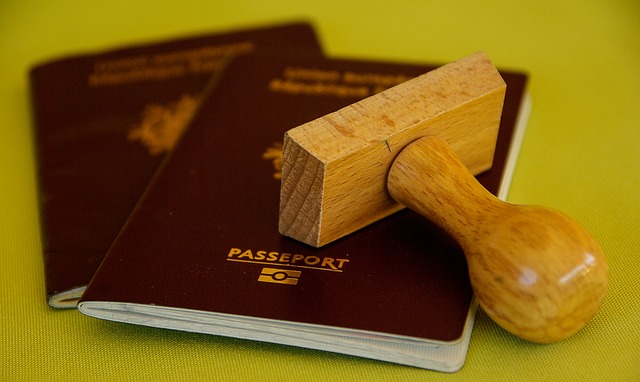Nationalism is the most prevalent form of collective pseudo-identity on the planet. From the moment you are born, your mind is imbued with the idea that the country around you, with its endless laws and cultural values, is an essential part of what makes you who you are. It is so easy to forget that countries do not exist in nature. They are a relatively recent phenomenon in human social development. They’ve also changed rapidly in the past few generations with advances in technology and intercultural influence. What has not changed, however, is the religious insistence that we honor their labels as an immutable part of who we are as individuals.
With a fluid mind comes the ability to pick and choose for yourself what values to adopt into the labyrinth of you. You are not forced to align yourself with any existing collection of ideals. Practically speaking though, you cannot avoid the fact that ordinary humans have segmented our planet into unstable imaginary sections delineated by international boundaries. Until the common man and woman are ready to live without the limits they have put on themselves, we will all be subject to their errors.
Since it is not practical (and in most cases impossible) to exist beyond the influence of nation-states, the next best option for the exceptional person seeking to expand his identity is to embrace multiple nationalities. We live in rapidly changing political and economic times, and no one can guarantee that things at home will always be as prosperous as we have grown accustomed to them being. But becoming a multinational person is about more than just preparing for monetary collapse or government tyranny. It’s about acquiring the tools to do what you want with your own life.
Maintaining citizenship in multiple countries is appropriate for anyone who feels their ambitions may be limited by the place they were born. The most obvious example is visa-free travel to other nations. Every country on earth maintains policies concerning which citizens of other nations may enter without first acquiring special permission. Governments can limit the amount of time spent inside their own borders, or even outright ban certain nationalities from entering at all. Unfairly, citizens of the most economically developed nations tend to have the greatest travel freedom.
The restrictions of your nationality don’t end at how easily you will be able to cross international borders. Socially, you will be judged by the tribe you identify with. What is considered an asset in one place may be a liability in another. The social advantage of belonging to more than one club is that you be able to choose from multiple options how to present yourself to others. Being American carries an enormous amount of both positive and negative associations almost anywhere in the world. You may be granted instant celebrity status, instant hostility, or anything in between. By also being part of the French, Colombian, or Mongolian national tribes, for example, you will have access to a wider range of automatic perception options.
Perhaps most importantly, as a single nation citizen you are subject to whatever arbitrary policies and hierarchical changes occur in your home country. Americans have historically held many advantages over most of the rest of the world, but also have more control upon them through worldwide taxation and controversial foreign policy. If you ever do anything to displease the institutions ruling your life, you will be at their mercy without other options to turn to. This is even more pertinent if you ever want to leave your home country permanently. International diversification gives you options.
You owe it to yourself to stretch your life beyond the limits of nationality. Political boundaries will always be in flux. The rules for engagement are perpetually subject to change. You cannot be so impressionable as to allow this to alter who you fundamentally are. Expand beyond the chains of ordinary people. Be more than multinational. Let yourself become super-national.




